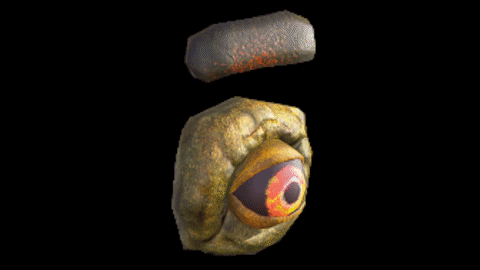
The player is allowed to adopt either a cat or a dog, depending on which was chosen on the character creation screen. Sheep can be shorn with the Shears when their wool grows in, and pigs can be let outside to dig up truffles that then be picked up from the barnyard. Using the Milk Pail, cows can usually be milked daily, and goats can usually be milked once every two days. Each morning, adult animals that live in coops (chickens, ducks, rabbits and dinosaurs) have a chance of producing products that can be gathered from the floor of their building.

A pop-up box appears that allows the reassignment to be made.īaby farm animals must first mature into adults before they are able to produce animal products. Animals can be assigned to a different building by first petting it and then interacting with it a second time. Each building has a limit to the number of animals it can house. As soon as an animal is acquired, it must be assigned to an existing farm building of the right type, which is designated as its home. Animals may also be hatched from an Incubator. Baby farm animals (and related equipment needed for harvesting produce) can then be purchased from Marnie's Ranch. These may be obtained from Robin at the Carpenter's Shop, and usually require three days each to build. And "farm animals" can be purchased which serve as a source of various kinds of produce, providing resources and profit.įarm animals require a building to house them. A pet (cat or dog) can be earned which the player can form a friendship with. Some are wildlife, which cannot be interacted with. The new rules will be published in the Federal Register this fall and the USDA’s Food Safety and Inspection Service will seek public comment before finalizing the rules and setting a date for implementation.Animals fulfill several roles on the farm. Representatives of the National Chicken Council, a trade group, and Tyson Foods said they would withhold comment until they received details of the new USDA rule.ĭiana Souder, a spokeswoman for Maryland-based Perdue Farms, also declined to comment but pointed out that the company belongs to the Coalition for Poultry Safety Reform, a group formed last year to work with USDA and others to reduce foodborne illnesses from salmonella contamination.
CHKN THE GAME GIFS HOW TO
coli a contaminant in ground beef and launched a testing program for the pathogen.Įskin said the agency met with food safety experts and poultry processors for ideas on how to reduce contamination in processing.

In 1994, the USDA’s Food Safety and Inspection Service took a similar step by declaring some strains of E. Even cooking legends Julia Child and Jacques Pepin disagreed, but a new study from the Department of Agriculture has a definitive answer: Don't do it! "The sink could be a source of cross contamination," warns the USDA's Dr. Should you rinse raw poultry? Advice over the years has been conflicting. It sends more than 26,000 of them to hospitals and causes 420 deaths, according to Centers for Disease Control and Prevention data. USDA Deputy Under Secretary for Food Safety Sandra Eskin said it marks the beginning of a broader agency effort to curtail illnesses caused by the salmonella bacteria, which sickens 1.3 million Americans each year. The agency notified producers of the proposed changes on Friday. That includes many frozen foods found in grocery stores, including chicken cordon bleu and chicken Kyiv products that appear to be cooked through but are only heat-treated to set the batter or breading. Department of Agriculture rules would declare salmonella an adulterant - a contaminant that can cause food-borne illness - in breaded and stuffed raw chicken products. The federal government on Monday announced proposed new regulations that would force food processors to reduce the amount of salmonella bacteria found in some raw chicken products or risk being shut down.


 0 kommentar(er)
0 kommentar(er)
